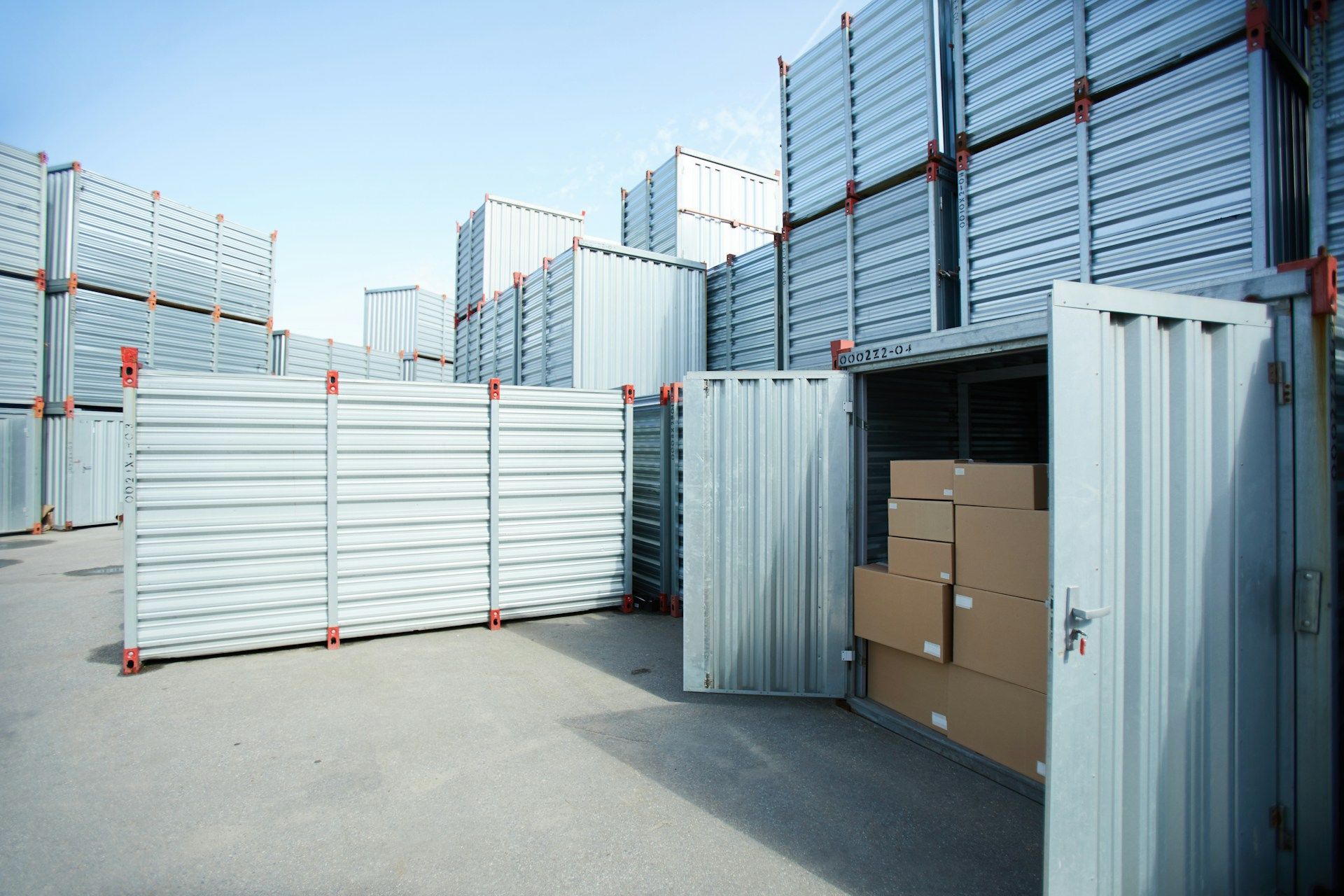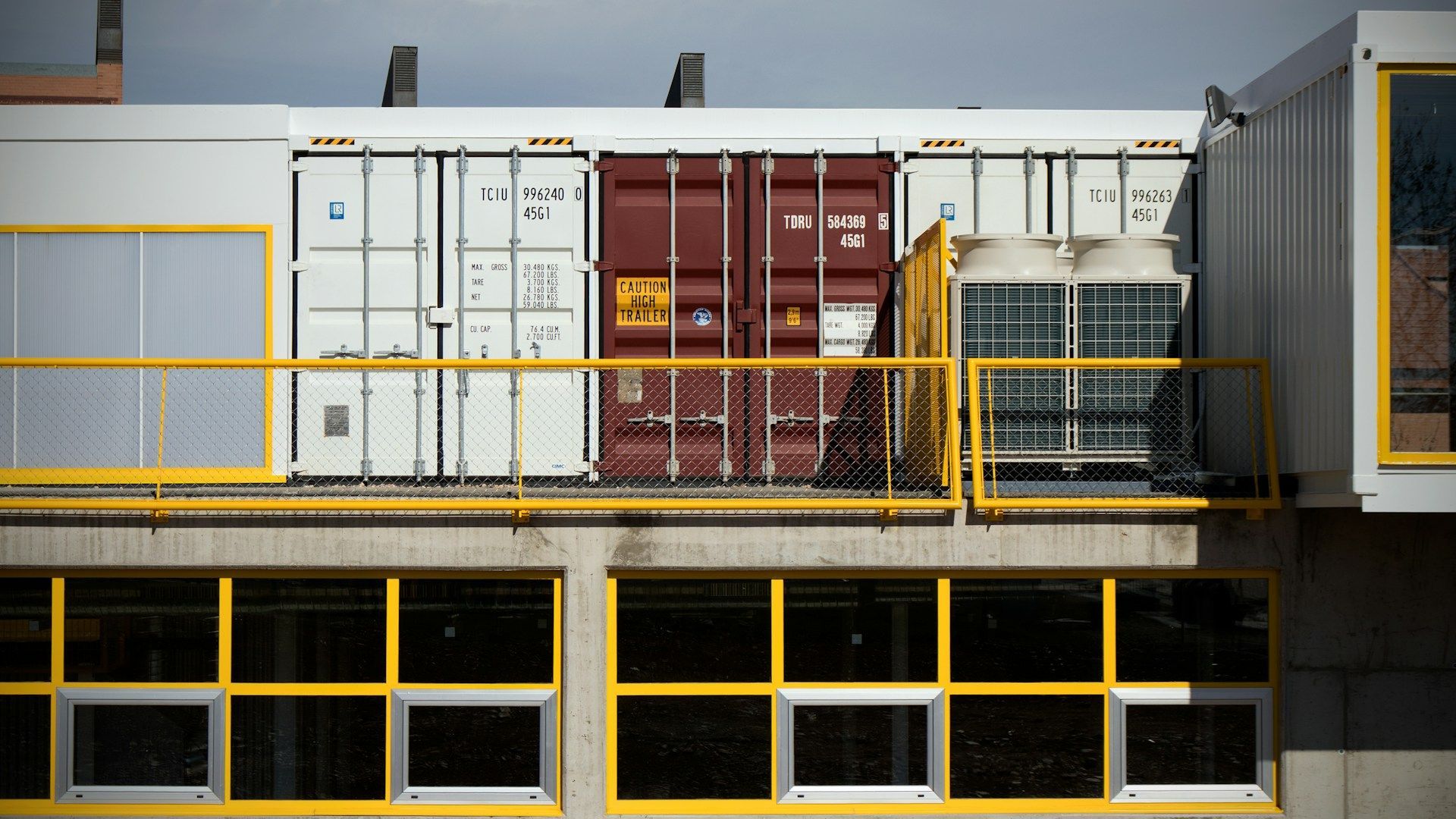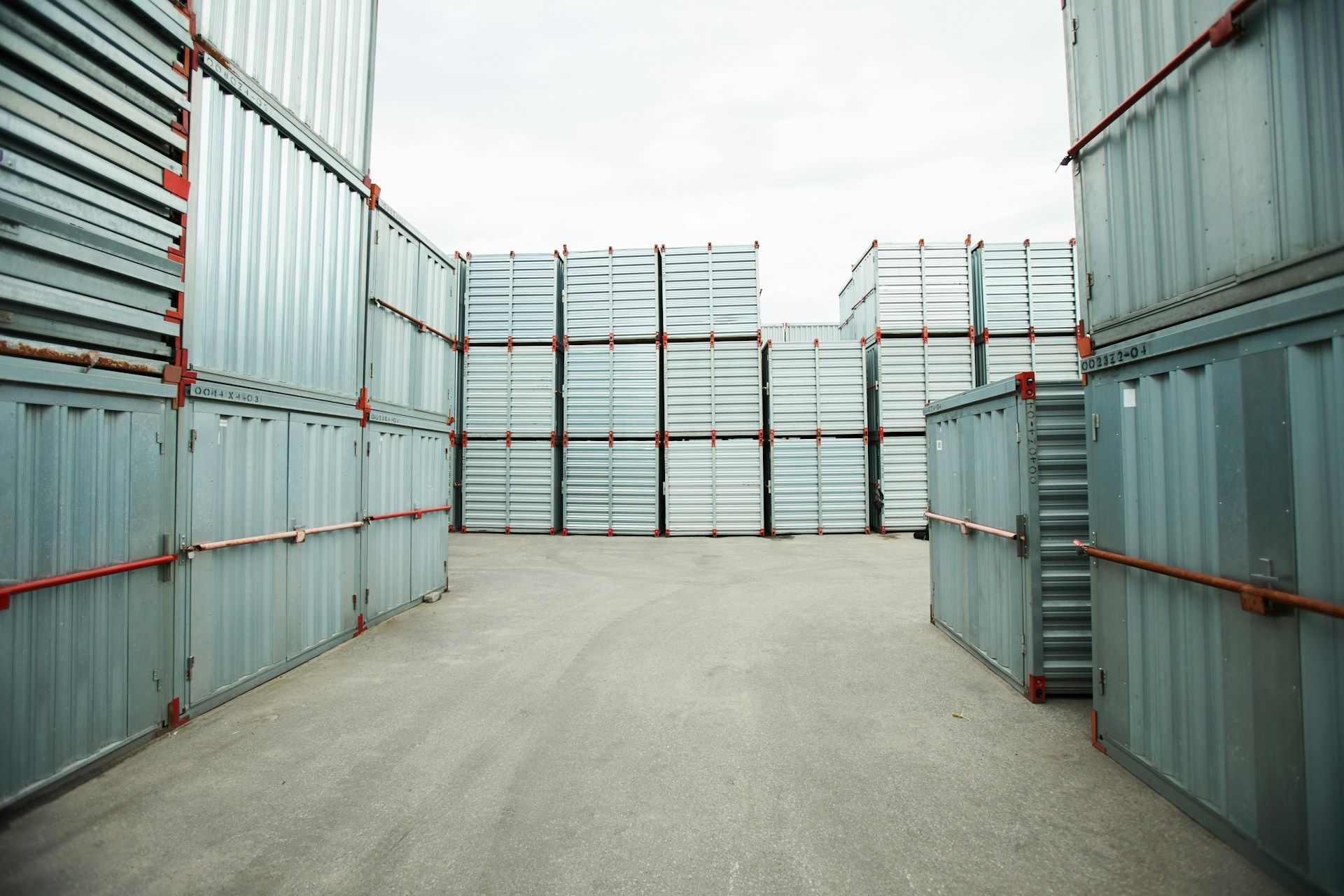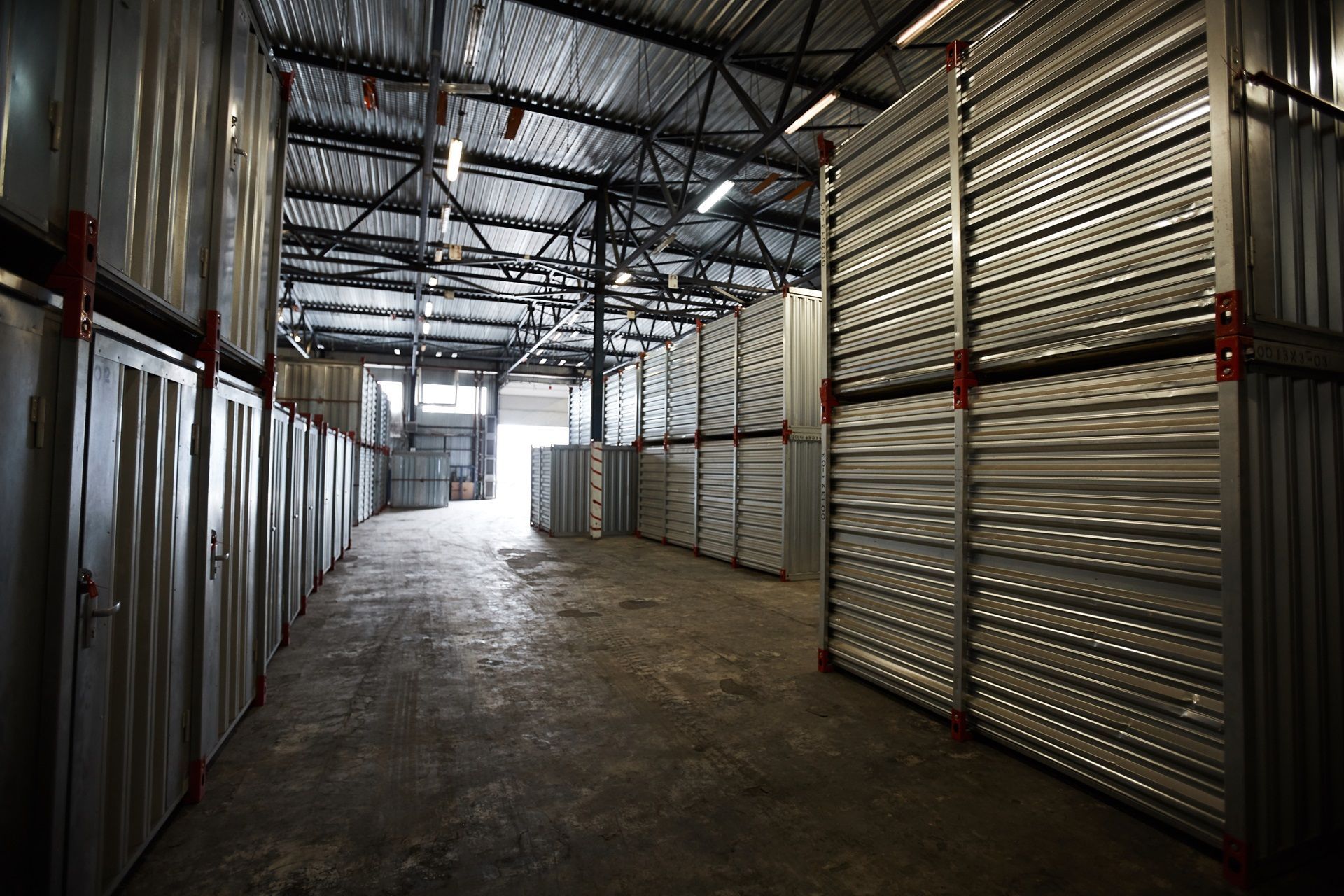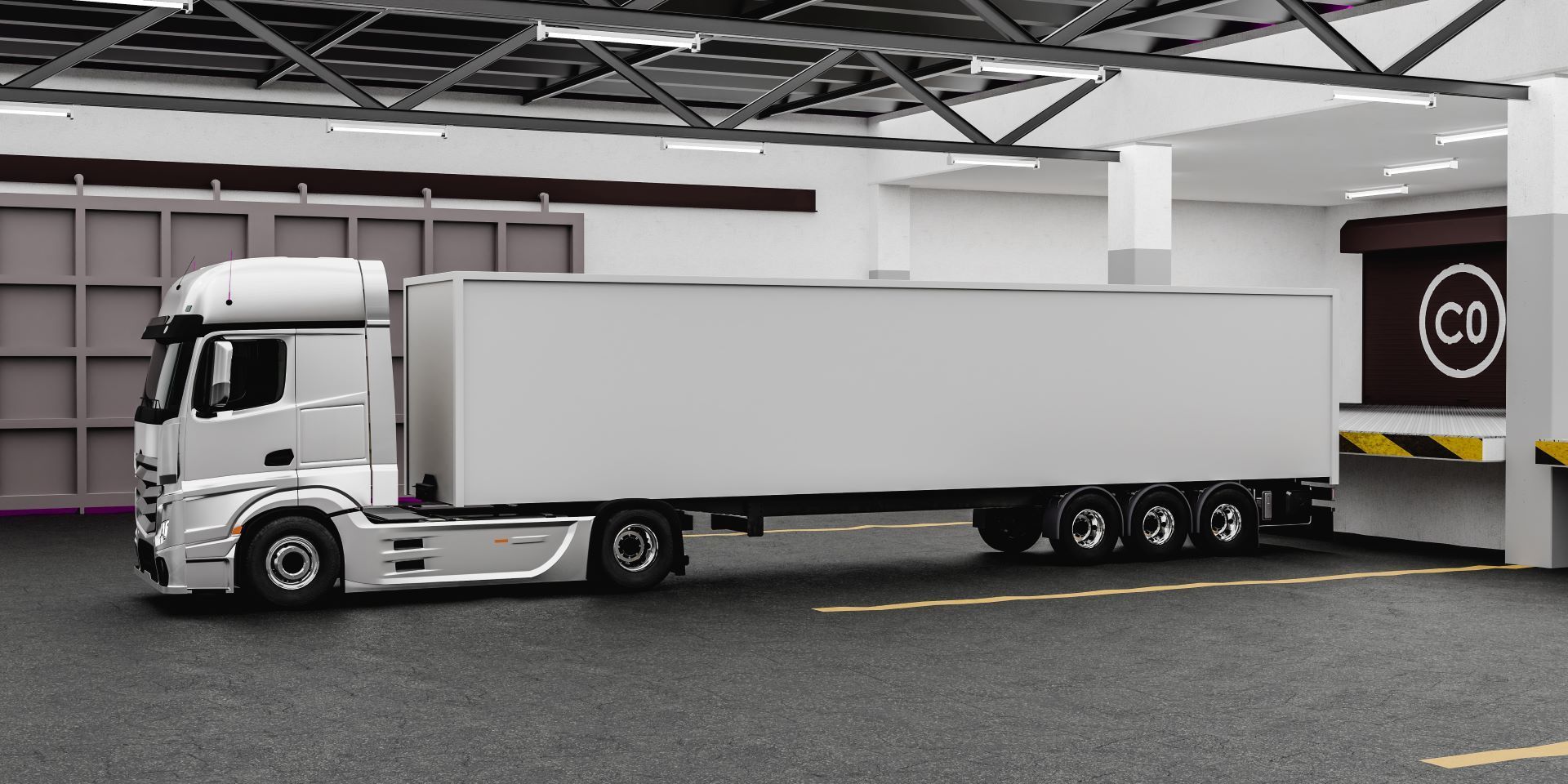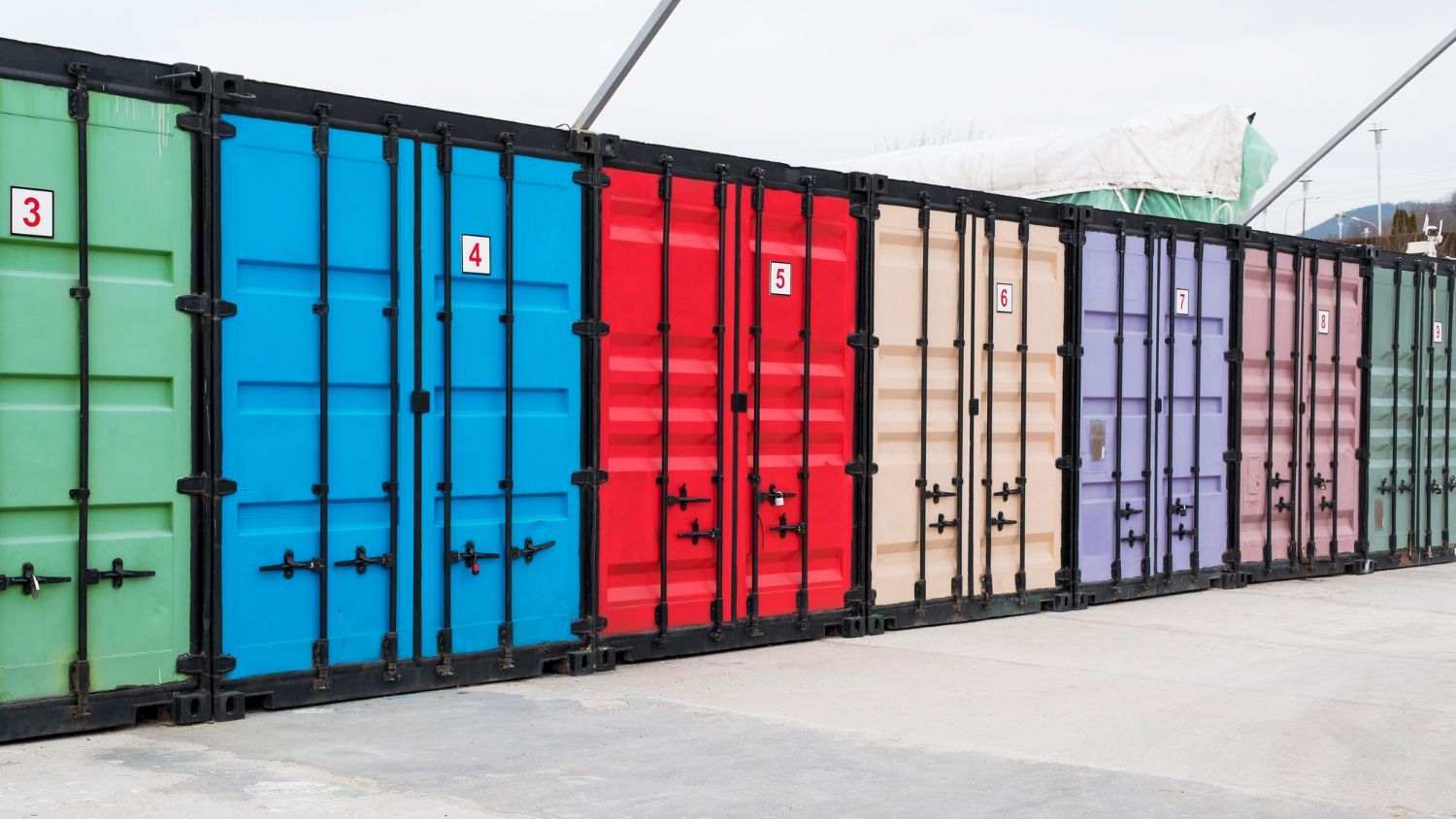OUR BLOG
How to Determine the Right Storage Trailer Size in Atlanta, GA
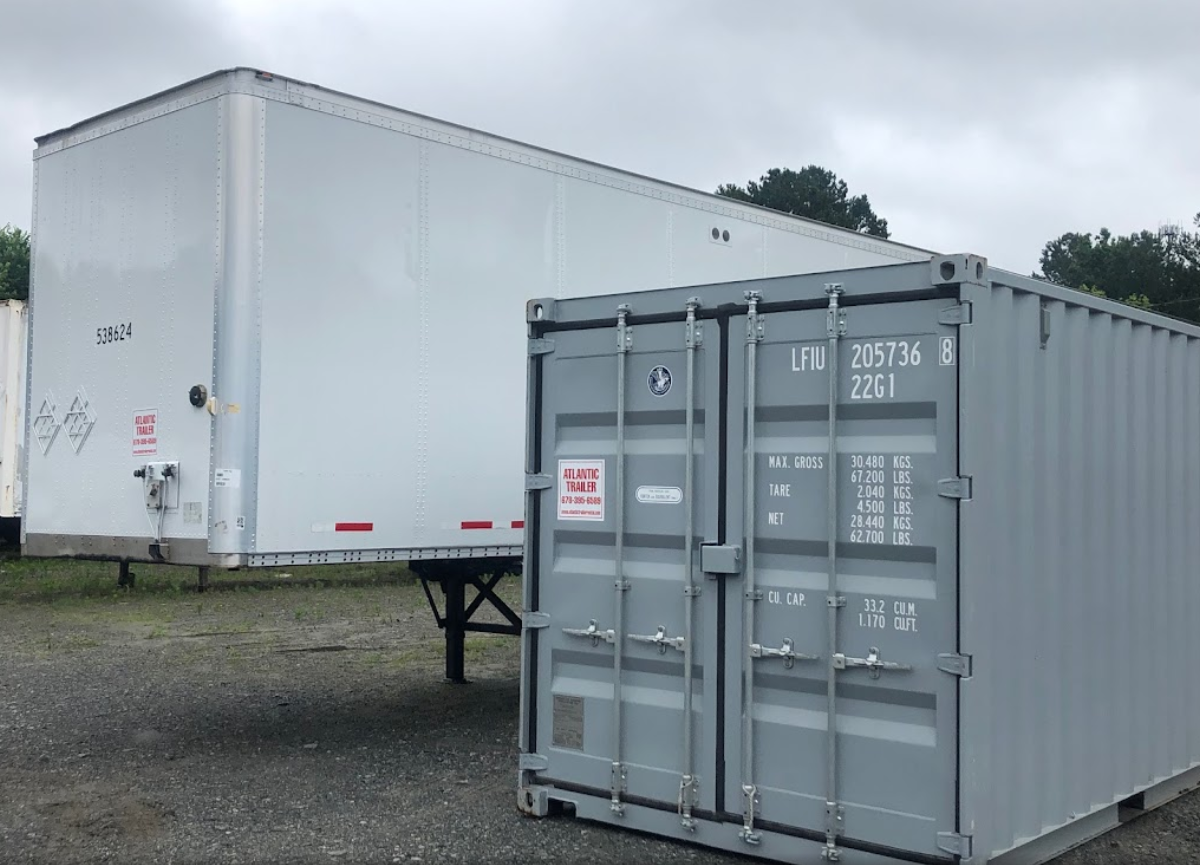
How to Determine the Right Storage Trailer Size in Atlanta, GA
Are you planning a budget or a DIY move? Renting a moving trailer is one of the most cost-effective ways to get all your belongings from one point to another. Whether you are leaving for college, relocating your business into a new space, or moving into a new house across town, renting a trailer is an affordable choice compared to a full-sized moving truck as long as you are prepared to pull it.
However, many people find it difficult to know the right trailer size for relocation. Here are a few tips.
- It would help if you had a trailer that could accommodate all of your stuff while also matching the towing capacity of your vehicle.
- You need to acquire a few key pieces of information, such as what size trailer you can pull.
- Decide if you have any particular or general requirements. What exactly are you towing? How far will you be traveling?
These questions will assist you in determining which type of trailer is ideal for you. Other things to keep in mind are:
Types Of Storage Trailers
Trailers are classified into several types, the most common of which are cargo trailers, enclosed cargo trailers, and utility trailers, also known as open utility trailers. Cargo trailers are ideal for long-distance moves, are enclosed and lockable, and are best suited for transporting household goods.
Moreover, cargo trailers come in a variety of sizes but also are aerodynamic and lightweight, which allows you to save fuel while driving. On the other hand, utility trailers are used for short distances or local moves, are open and unlockable.
A utility trailer is ideal for transporting large, bulky, or heavy items such as patio furniture, lawn equipment, building materials, and rugged items. Utility trailers are unsuitable for long-distance travel because they do not protect your belongings from damage or theft.
How Much Weight Can Storage Trailers Carry?
Before choosing a trailer, you will need to know how much cargo and passengers your SUV, car, or truck can safely carry. This is done by calculating the gross vehicle weight rating (GVWR) of the vehicle you intend to pull the trailer with.
Your vehicle's gross vehicle weight rating (GVWR) is the total combined weight limit, including all passengers, fuel, fluids, and cargo. The best part is the GVWR number of your vehicle can be found on the driver's side door frame or in the owner's manual.
In addition, when selecting a trailer, you must also consider the tongue weight. This is how much force a trailer places on your tow hitch. The tongue weight is considered part of your cargo, which means you will not be able to store your belongings to the full weight capacity of your vehicle.
This additional information will assist you in determining how much you can add to your vehicle and how much you will need to put in a trailer. Moreover, Knowing the total weight of everything you are moving can help you figure out what size trailer you might need to haul everything else above that weight limit.
What Type Of Storage Trailer Suits Your Needs?
With so many different trailer sizes on the road today, determining the right size trailer for your cargo can be difficult. Is it a flatbed, a tilt-up, or a drop deck truck? Flatbed trailers are one of the most common types of trailers on the road today. This is due to their widespread application and adaptability.
Typically, freight is loaded onto the flatbed's tip, sides, and rear. If you need to transport too heavy to lift or cannot ascend onto a trailer, consider getting a tilt trailer. A tilt trailer tilts at an angle that allows you to load items from the ground onto the trailer with ease.
What Are The Legal Restrictions?
For proper and accurate specialized trucking rates, it is crucial to remember the cargo's maximum legal load weight and the dimensions of that specific type. It is essential to keep in mind each product's maximum legal load weight.
While most of the trailers discussed in this article can handle loads that exceed the legal dimensions and weights for safety, some states will require a permit or premium charges before a shipment can be transported. Additionally, it is recommended to check with local regulations to see any restrictions on where trailers can be parked or stored.
What Is The Size Of The Trailer?
The best trailer size for your move is determined by how much stuff you are moving and the type of items you are transporting. Finding out how many cubic feet each trailer has will assist you in determining which one is best for you. The most popular sizes for enclosed trailers are:
- 4 ft. x 8 ft. cargo trailer: This trailer can hold up to 1,600 pounds and is ideal for college students or anyone moving a few things.
- 5 x 8 ft. cargo trailer: Can hold furnishings for a basic studio apartment, such as a couch, chairs, a kitchen table, or a twin bed.
- 5 ft. x 10 ft. cargo trailer: Holds a queen-sized bed, a couch, chairs, boxes, electronics, and square dining room tables, enough for a bedroom apartment.
- 6 ft. x 12 ft. cargo trailer: Holds up to 2,500 pounds and several furniture rooms, such as L-shaped couches, pianos, and larger items. If you are a minimalist, you could get away with a two-bedroom house.
For open trailers:
- 4 ft. x 7 ft. Utility trailer: Ideal for small-scale in-town moves or yard projects.
- 5 ft. x 8 ft. utility trailer: Ideal for small-scale moves and larger home improvement projects.
- 5 x 9 utility trailer with ramp: Ideal for loading and towing ATVs, golf carts, or large appliances (thanks to a fold-down ramp).
- Utility trailer 6 ft. x 12 ft.: Has a low deck and tie-downs to secure large items in transit.
- Utility trailer 6 ft. x 12 ft., which comes with ramp: Keeps your heaviest and most oddly shaped items safe.
Storage Trailer Rental in Atlanta, GA
Not all hitches are compatible with every vehicle. A pickup truck, an SUV, CUV, and a truck have a wider range of options. Hitch systems are weighted based on their class. The greater the GTW carrying capacity, the higher the class.
Also, ensure that the weight rating of your hitch system matches the weight rating of your hitch ball. Your hitch ball's diameter must be the same as the diameter of your trailer coupler. Mismatching them will make the trailer bounce since it is loose.
To sum up, make sure you understand how much storage you require, vehicle weight ratings, the weight and dimensions of your items, the weight of the load you are towing, the total square footage of your items, how many cubic feet are in each size storage trailer, the payload capacity, the maximum weight of your truck, the connections you have, and finally the towing capacity of your vehicle.
Contact Atlantic Trailer Leasing and Sales for all your storage trailer rental needs in Atlanta, GA. Call us at 678-944-8433 for more advice on how you can find the right-sized trailer for personal and business use.
